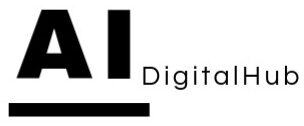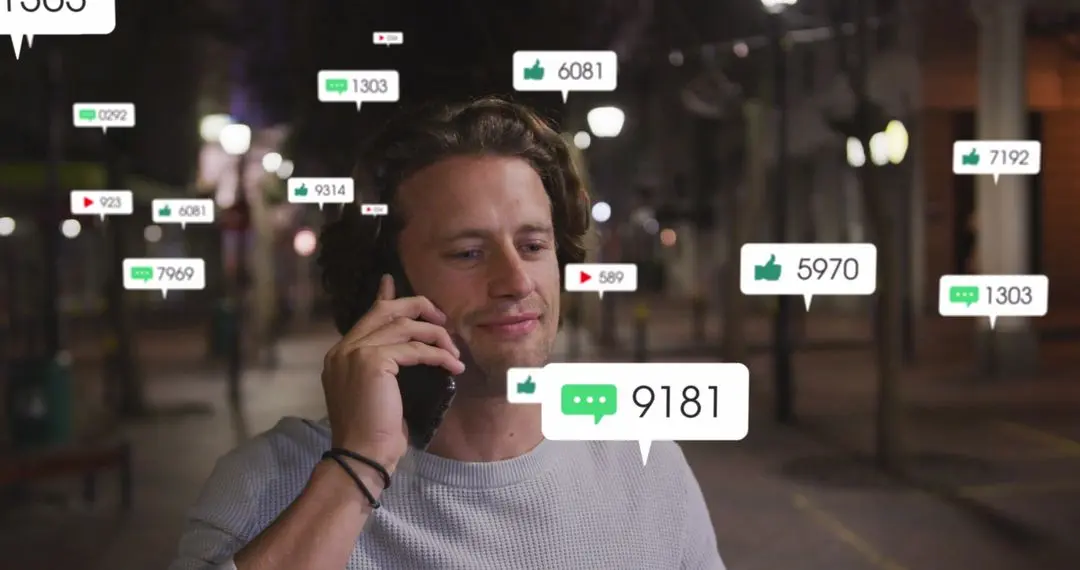Remember the influencer who staged a car crash just for likes? Or the YouTuber who livestreamed a meltdown, only to have it clipped and shared across the internet? These viral moments are exactly what “InfluencersGoneWild” captures—a phrase that documents when influencer fame takes a chaotic turn.
Let’s be honest: influencers shape our lives more than we realize. Whether it’s the skincare serum you impulse-bought or that dreamy travel spot added to your bucket list, influencers have a unique hold on trends and perceptions.
In today’s world, they blend celebrity appeal with personal relatability, an intoxicating mix that commands massive attention. But with great influence comes… well, sometimes, public spectacle.
What Does “InfluencersGoneWild” Really Mean?
At its core, “InfluencersGoneWild” refers to situations where influencers cross the line, whether intentionally or through poor judgment. It includes everything from offensive remarks and reckless accidents to public meltdowns, scandals, or even illegal stunts for viral attention.
Interestingly, “InfluencersGoneWild” isn’t just a phrase. It’s been used as the name for various websites and social media accounts dedicated to curating such content. These platforms showcase influencer mishaps, often without consent, raising serious questions about privacy, ethics, and online shaming.
According to The Influencer Forum, these sites tread a thin ethical line, profiting from influencers’ worst moments while potentially damaging reputations and mental health.
The Risks Behind the Viral Fame
Influencer fame can be a double-edged sword. With visibility comes vulnerability, and when influencers go viral for the wrong reasons, the consequences can be severe.
It can lead to:
-
Loss of brand partnerships
-
Public backlash or “cancel culture”
-
Mental health struggles from harassment or trolling
A comprehensive study on online harassment is provided by the Pew Research Center.
Take the beauty vlogger James Charles, who lost millions of followers overnight after a messy feud went public. Or the fitness influencer Janelle Rohner was sued after promoting unsafe weight-loss supplements.
These aren’t isolated incidents—they’re warnings about how fragile online fame can be.
Ethical Dilemmas: Where Do We Draw the Line?
As consumers of influencer content, we’re part of this ecosystem too. Platforms like “InfluencersGoneWild” feed our curiosity and love for drama, but at what cost? I often ask myself, are we contributing to harm by watching or sharing these viral missteps? While public figures should be held accountable, do these platforms cross into exploitation?
As noted by Delight Magazine, the internet’s hunger for scandal can turn personal struggles into public entertainment, often without nuance or compassion.
Some ethical red flags include:
-
Sharing leaked or non-consensual content
-
Amplifying personal breakdowns for views
-
Turning one-time mistakes into permanent reputational damage
Where do we draw the line between holding influencers accountable and publicly shaming them for clicks?
It’s a question more of us need to grapple with.
Final Thoughts: The Responsibility That Comes With Influence
In a world where influencers are held to both aspirational and impossible standards, “InfluencersGoneWild” stands as a cautionary tale. It reflects not just influencer missteps but also our collective fascination with watching them fall.
As followers, maybe it’s time we balance curiosity with compassion. And as influencers, there’s an undeniable responsibility to wield influence wisely.
So next time you see a headline about an influencer “gone wild,” pause and ask:
✅ What’s the story behind the story?
✅ Am I helping or hurting by sharing this?
What’s your take? Should influencers be held to higher standards, or are they products of an unforgiving internet culture? Let’s discuss in the comments!


